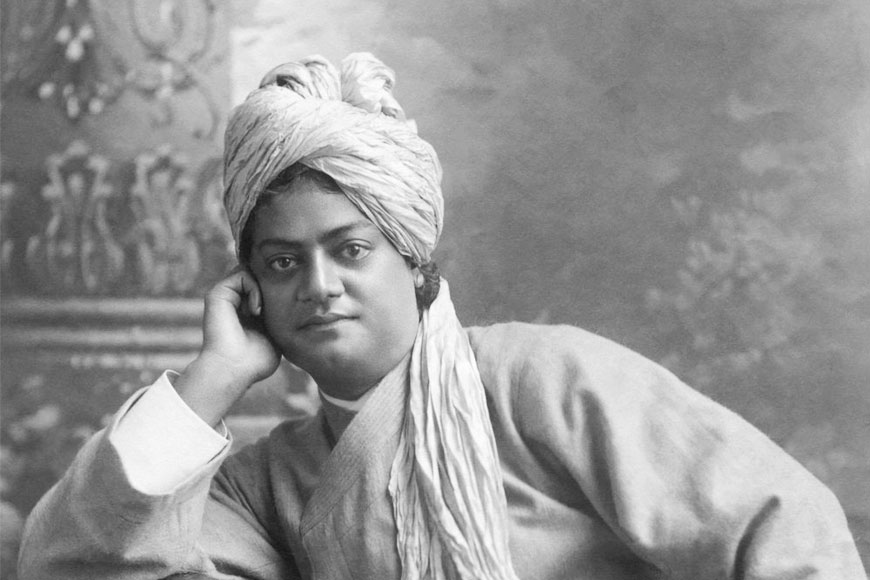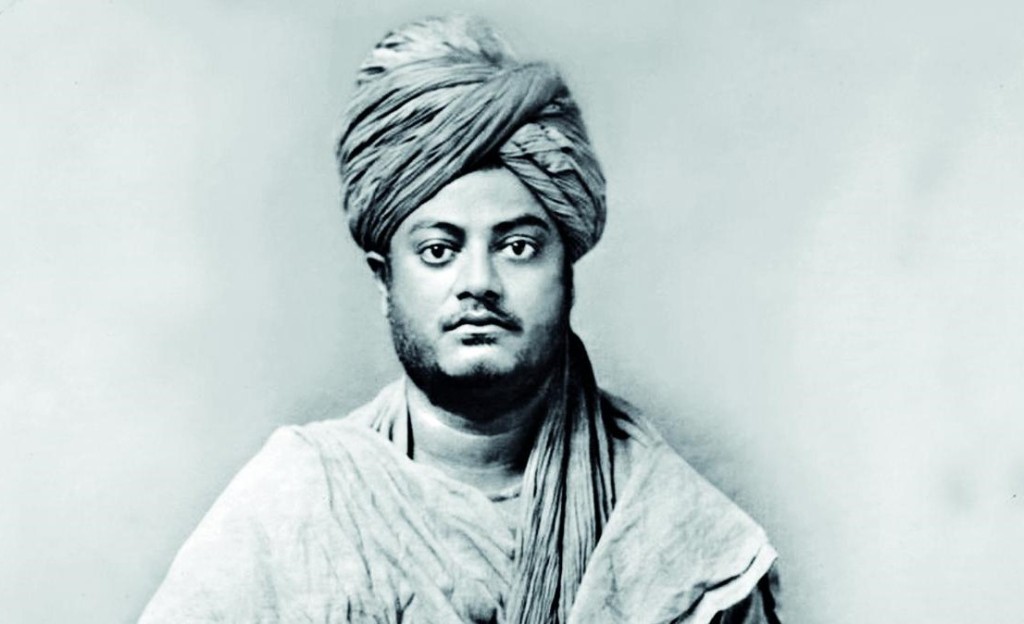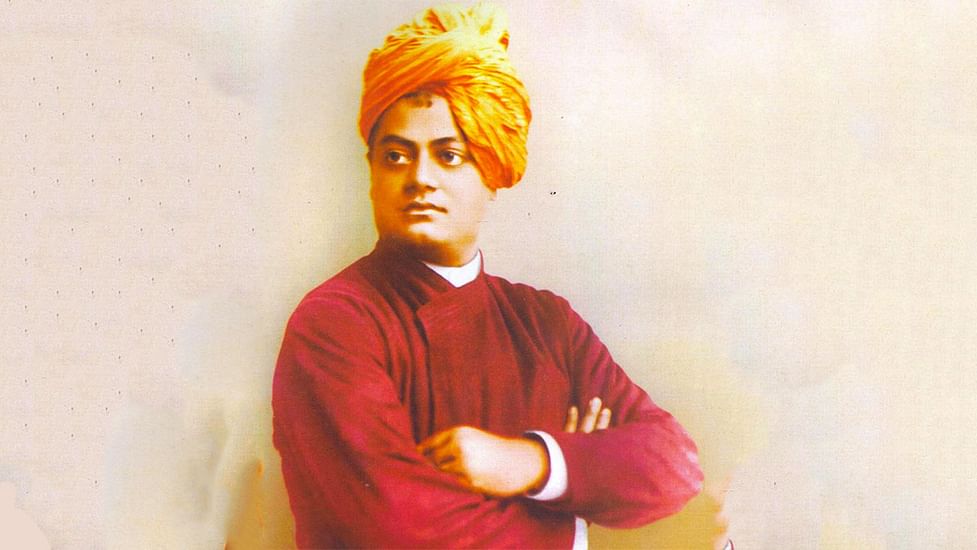“He who sees Shiva in the poor, in the weak, and in the diseased, really worships Shiva; and if he sees Shiva only in the image, his worship is but preliminary.”
- Swami Vivekananda
*************************************************************
The above quote by Swami Vivekananda is just one sentence long but it says a lot. What he is trying to say is that visiting temples and worshiping the God in it is all fine. Nothing wrong in it. But it is of no use if we don’t see God in the poor, weak, diseases, distressed, helpless, etc. It is our foremost duty to serve them and ensure that their life becomes better.
In other words, he means that there is nothing wrong in building devotional places and going there for pilgrimage. But if you are not moved by the horrible plight of the poor, downtrodden, etc, and are doing nothing for them, your worship is incomplete.
Swami Vivekananda’s sayings are more than a century old, but they are more relevant in today’s era. The same can be said about this quote as well. We see countless number of people visiting places of worship but that is for their own good (including me too), but there is only a small percentage that is actually doing something to better the lives of the unfortunate ones.
Also read: When Swami Vivekananda faced his fears and emerged victorious









